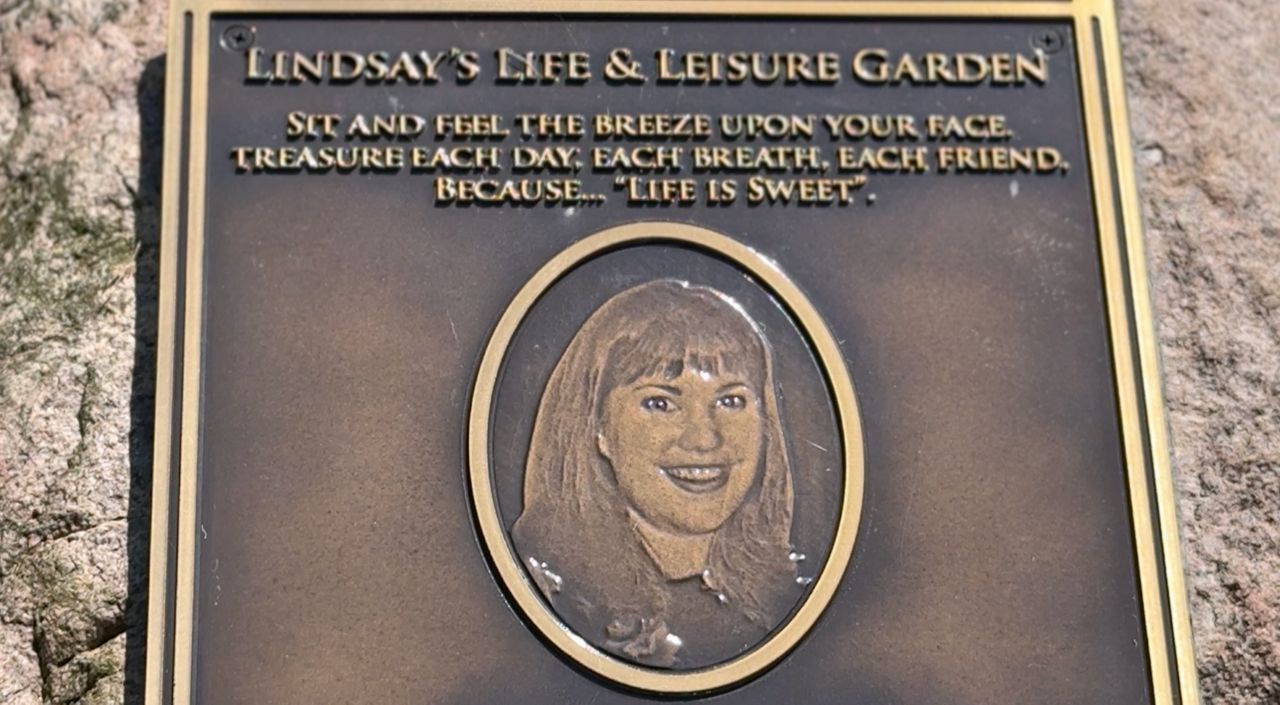The federal judge overseeing the bankruptcy case of the Roman Catholic Diocese of Rochester will allow the creditor's committee to depose Bishop Emeritus Matthew Clark.
The judge ruled on Tuesday that concerns surrounding Clark's Alzheimer's disease were not enough to keep him from being questioned. The ruling means Clark must give deposition regarding any knowledge he may have about priest sex abuse claims.
"For most of our clients, what they want more than anything is the transparency to know what happened to them," said Stephen Boyd, an attorney representing more than 100 alleged victims. "Who knew. Who could have stopped this."
"I want to bring justice for the people who are hurting," said Carol Dupre of Spencerport. She is one of the alleged victims of clergy abuse. "Some people forget, we were kids when all this happened."
There will be several conditions for Clark's testimony, including allowing just one attorney to talk to the former bishop during a three-hour session. Clark's personal documents could also be examined. Clark can have a lawyer, doctor, and caretakers present for the session. His testimony will be transcribed by a court reporter, but no audio or video recordings will be allowed. The deposition must occur within 30 days.
Before the ruling, Mary Jo Korona, Clark's attorney, argued that his Alzheimer's diagnosis rendered the former Bishop unable to competently testify. Lawyers for the victims countered that time was of the essence, given Clark's deteriorating health.
Clark retired in 2012.
The diocese, working through Chapter 11 bankruptcy protection, is seeking court protection from creditors and claimants filing sex abuse civil suits under the Child Victims Act.









